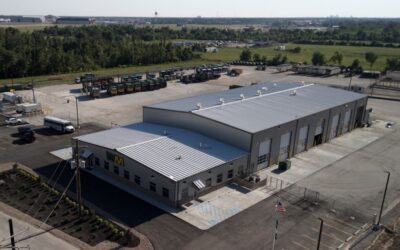Organic waste processing is quickly becoming a necessity in the quest for long-term solutions for yard and food waste management. Year after year the amount of household waste produced in America continues to increase. In North America organic waste is the second highest component in landfills.
As the amount of organic and solid waste production continues to grow, so does the space requirements for the landfills. Not to mention potential land and ground water contamination. By diverting organic waste to processing facilities, you both increase the life of the landfill and reduce potential contaminates.
DoSomething.Org estimates that America produces at least 21.5 millions tons of food waste each year. An amount that if composted, would reduce greenhouse gas as much as taking 2 million cars off the road. The New York Times puts this number as high a 32.5 million metric tons, with a cost of about $1.5 billion a year to the local governments handling the waste. Either figure demonstrates that organic waste processing handled correctly, is beneficial in wide variety of environmental and economics fashions.
Leaves, grass, and other agricultural waste can be used to produce high-quality, nutrient rich compose helping to improve soil and soil production. Food and organic waste such as fats, oils, and grease can be used to produce not only compost but also biogas like methane which in turn can produce heat, power, and transportation fuel. This not only reduces the amount of greenhouse gas produced, but also reduces the use of fossil fuels.
No matter how you look at it, organic waste processing is a powerful way to make gains economically and environmentally in your community. It not only provides marketable products, but does so in a sustainable and environmentally friendly way. ET Environmental prides itself on completing more than 1,200 environmental assignments of all types and sizes. Please contact us to see how we can help you.


